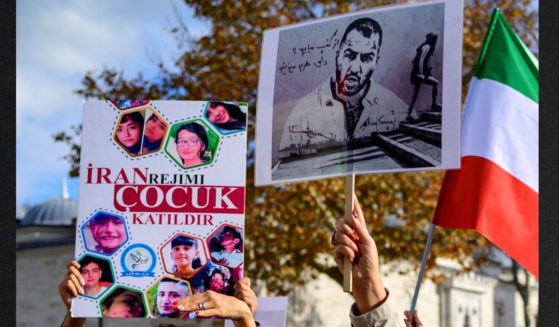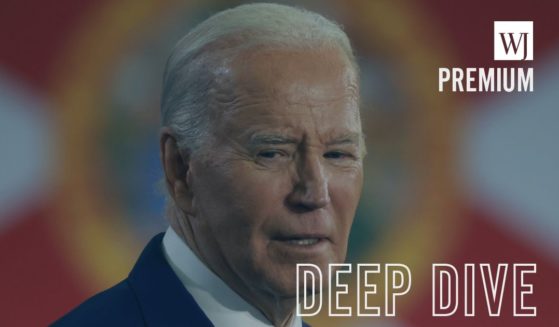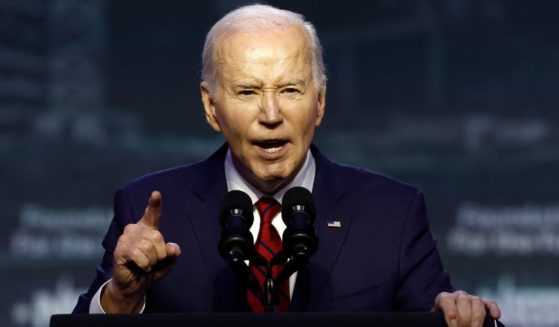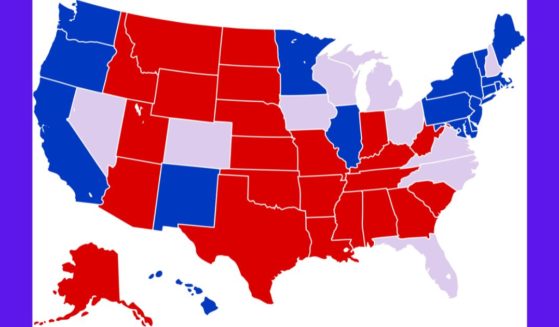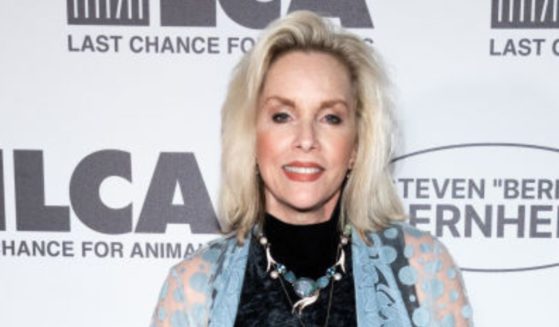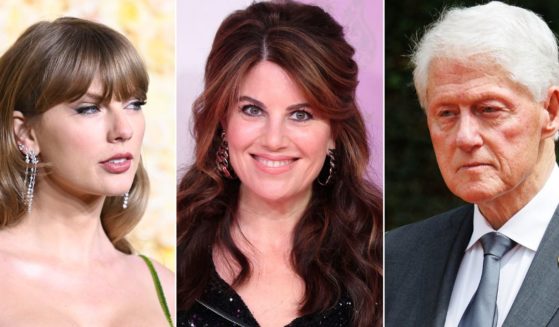Biden's 2020 opening? Dem field missing foreign policy hand
WASHINGTON (AP) — In town halls, television interviews and social media posts, Democratic presidential candidates are touting their support for “Medicare-for-all,” higher taxes on the wealthy and a war on climate change. But foreign policy, one of the chief responsibilities of a president, is largely taking a back seat on the campaign trail.
Former Vice President Joe Biden is seizing on that opening to position himself as the sole global policy expert in a crowded Democratic field if he decides to run for president.
In a series of speeches over the past month, Biden portrayed himself as an authoritative counterweight to President Donald Trump’s isolationist and nationalistic impulses. Last week, he told an audience in Germany that his vision of America “stands up to the aggression of dictators.” The problems of the 21st century, he later said at the University of Pennsylvania, can’t be solved “without there being cooperation.” His advisers have endorsed his foreign policy credentials to key political operatives and allies in early-voting states.
The moves reflect the vulnerabilities Biden, a 76-year-old firmly aligned with the Democratic establishment, could exploit in a crowded primary with rivals who are decades younger and working overtime to appeal to the party’s liberal base. In that kind of race, Biden could carve out space as a battle-tested statesman with the experience to stabilize America’s role in the world.
Sen. Dianne Feinstein, a California Democrat who has already pledged to support Biden over home-state colleague Kamala Harris, recently summed up his advantage: “Huge international experience,” she told reporters. “And a knowledge that’s really unparalleled in terms of what’s happening in the world.”
Scott Mulhauser, Biden’s former deputy chief of staff, said focusing on foreign policy and national security “is a smart way to draw distinctions” in the primary field.
But running on foreign policy could carry risks. Although the election season is in its infancy and a crisis could shuffle priorities, it’s not clear that foreign policy is a top issue on voters’ minds.
AP VoteCast, a nationwide survey of the American electorate, found that 5 percent of 2018 midterm voters said foreign policy was the top issue facing the country. That falls well behind the percentage saying health care (26 percent), immigration (23 percent) or the economy (18 percent) topped their list.
Trump’s foreign policy has alarmed longtime allies and spurred criticism at home. A January AP-NORC survey found that 35 percent of Americans approve of the president on foreign policy, while 63 percent disapprove. Trump’s slated second summit with North Korean leader Kim Jong Un next week will provide a fresh opportunity for the president to rebound or fall further, as well as for his Democratic would-be opponents to draw sharp contrasts with his self-proclaimed “America First” diplomacy.
But that doesn’t mean that Democrats, who are sorting through the most diverse and wide-open primary field in a generation, will warm to a Biden campaign focused on foreign policy.
“He’s got the experience, but I don’t want him to run,” said Julie Neff, of Ankeny, Iowa, home to the nation’s first caucus. “I would vote for a ticket that promised to put Biden in the Cabinet, like as secretary of state.”
Biden’s potential 2020 rivals are working to build their own foreign policy credentials, even if they’ve yet to spend a lot of time touting them to voters. Massachusetts Sen. Elizabeth Warren this month proposed legislation that would prevent the United States from using nuclear weapons as a first-strike option, saying she wants to “reduce the chances of a nuclear miscalculation.” Vermont Sen. Bernie Sanders has helped lead the charge on Capitol Hill to extricate the nation from the violent civil war in Yemen.
Yet Democratic candidates have generally avoided specifics when criticizing Trump’s foreign policy, in part because voters often press them on other topics.
In a series of Harris town halls in South Carolina and New Hampshire — her first events in both states as a declared candidate — voters did not question her on foreign policy, instead focusing on a range of domestic issues including health care, education and labor.
In Iowa Saturday, that changed, when a man asked Harris to explain her approach to the war in Yemen.
Harris generally criticized the Trump administration’s withdrawal from multilateral diplomacy, and joked it was her “intention to not conduct foreign policy by Tweet.”
But she steered clear of details, offering a general principle of engagement. “It is also about creating and conducting foreign policy in a way that understands that we are strong when we stand together with our allies,” Harris told more than 700 people during a town hall-style event in a suburb of Des Moines.
Asked by reporters about the humanitarian crisis in Venezuela after a meeting of Latino and Asian activists in Des Moines, Harris stopped short of suggesting how to get U.S. aid into the country.
“We need to take it very seriously,” she said. “But I don’t know that at this point we need to, and I would not condone, military action at this point.”
Because the campaign season is just beginning, Democratic candidates will have plenty of opportunity to build out their foreign policy agendas. Warren, who delivered a major speech on global affairs last year, aligned herself with Trump’s use of “diplomatic pressure” in recognizing a new interim president of Venezuela before criticizing his “saber-rattling” during an interview last week with the liberal Pod Save America. Sanders, for his part, recently declined when asked by Univision to urge socialist Venezuelan President Nicolas Maduro to step aside in favor of new leadership.
Sen. Chris Murphy, D-Conn., a prominent foreign policy voice who’s pushed alongside Sanders to end U.S. involvement in Yemen, urged his colleagues running for president to make foreign policy “a wedge issue.”
“I think he’s deeply vulnerable on national security,” Murphy said of Trump in a recent interview. “The national security gap has always been a huge liability for Democrats, and Trump’s mishandling of foreign crisis after foreign crisis gives us an opportunity to eliminate that gap.”
___
Beaumont reported from Ankeny, Iowa. Associated Press writer Emily Swanson in Washington contributed to this report.
The Western Journal has not reviewed this Associated Press story prior to publication. Therefore, it may contain editorial bias or may in some other way not meet our normal editorial standards. It is provided to our readers as a service from The Western Journal.
Truth and Accuracy
We are committed to truth and accuracy in all of our journalism. Read our editorial standards.

